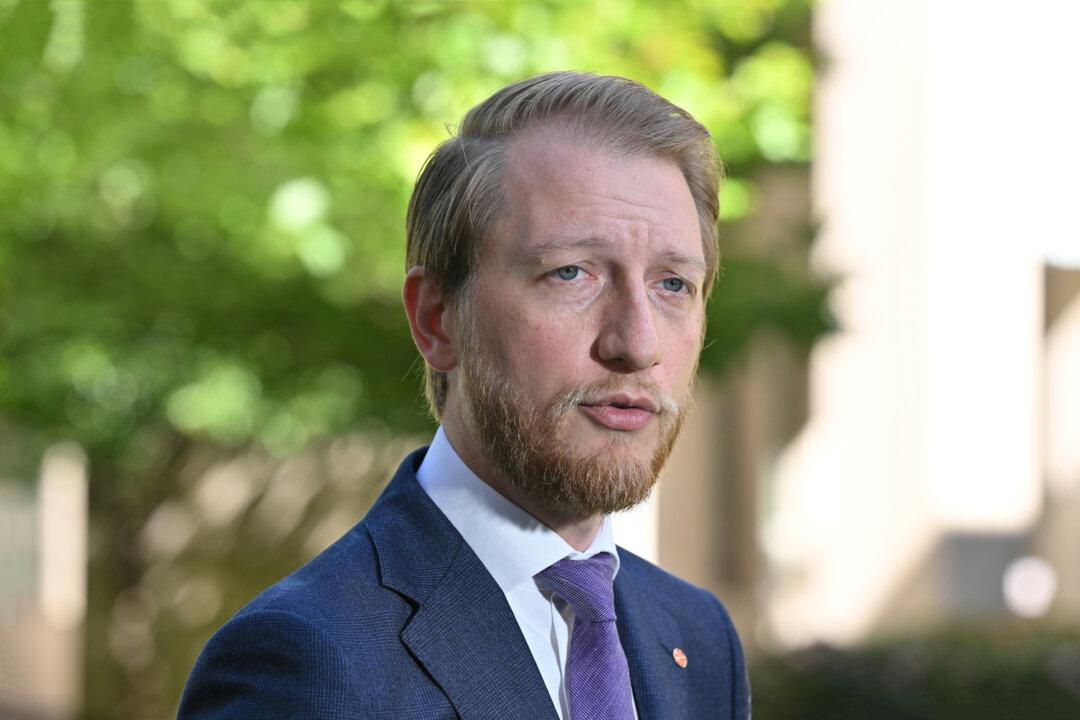Shadow Minister for Home Affairs Sen. James Paterson warned that the risk of a Chinese spy undermining Australia’s democracy processes is “very high.”
This comes after a UK Parliament researcher was arrested on suspicions of “spying for China” and is alleged to have fed information to the Chinese Communist Party (CCP) through his position as a researcher for a member of parliament.




